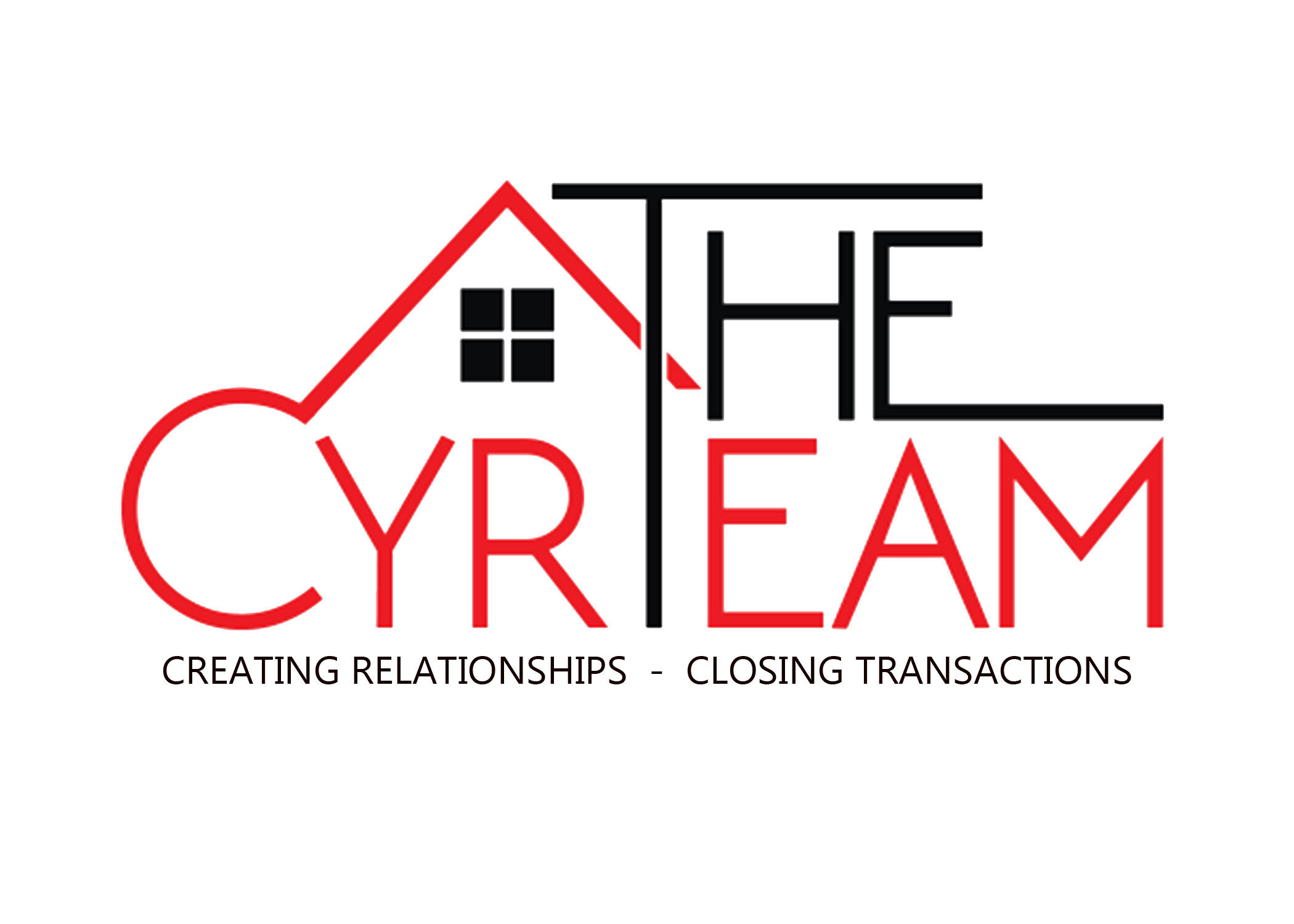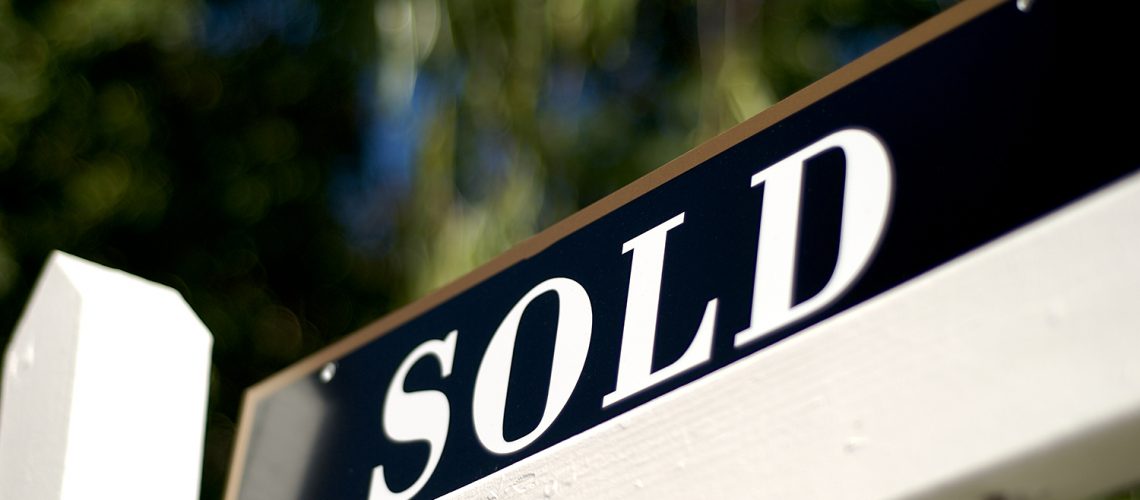What Will Buying and Selling a Home Be Like After COVID-19?
The real estate market has already changed dramatically as we are forced to conduct business remotely while Pennsylvania’s stay-at-home order remains in place. Even as restrictions are lifted and social distancing measures slowly start to ease, this pandemic may forever change some ways in which the real estate process is done. At the very least, we will experience some significant changes in the coming months and through most—if not all—of 2020.
We’re not here to scare anyone. We all just need to reset our expectations moving forward. We’re already tired of hearing and using the term “new normal,” but that’s exactly what we’re facing in the foreseeable future. As the economy reopens, there will be many people looking to buy or sell real estate. Business will pick up rapidly. There are even transactions being completed right now despite the obvious hurdles.
So, what can we expect from the real estate process in the wake of coronavirus? Let’s look at a few things that we are expecting to see.
No More Open Houses
It will probably be quite some time before we get back to hosting traditional open houses, where the property is opened up to the public on a weekend and people are free to come and go as they please. A lot of open houses just draw tire-kickers and looky-loos anyway, so this may not be the worst thing for home sellers.
Virtual Home Tours and Open Houses
Technology is going to play an even larger part in home sales as time goes on. In lieu of traditional open houses, we’ll be able to host virtual open houses through social media sources like YouTube, Facebook and Instagram Live, as well as other live video streaming services. People can “attend” the open houses or personal virtual tours virtually on their devices as real estate agents perform an interactive walk-through. People can ask questions, make comments and see things that would not normally be shown in a pre-produced video home tour that only shows the home’s best features. Prospective buyers can watch and interact live or they can view the archived videos later. This may even allow Realtors® to conduct several open houses in a day rather than spending all day sitting around at one listing and waiting for people to come by.
Safety Precautions
Normally, our goal is to get as much foot traffic in a home as we can. The more people that see a featured property, the more interested buyers we can generate. However, with fears of spreading the virus, we will be forced to minimize the foot traffic to protect the homeowners and the home buyers previewing the house. There will still be personal home tours, but the amount of people allowed in the house at any given time will be very limited. We’re talking no kids or additional people who aren’t really involved in the purchase decision. In addition, documentation will need to be prepared and signed to disclose if someone has tested positive for COVID-19. The point is there will be many more precautions in place before any buyers set foot in a home for sale.
Fair Housing Concerns
Many businesses are going to be faced with a lot of gray areas as practices change and increased public health regulations are enacted. Real estate agents and brokerages are held to very strict standards as set forth by the Equal Housing Opportunity code. If someone is refused the ability to tour a home in person because they are potentially contagious, there are all sorts of complex ramifications. A lot of these things will need to be worked out and refined as time goes on and business picks back up, but most real estate professionals will choose to be extra-cautious about everything they do when dealing with clients in-person.
Pre-Listing Inspections
We expect pre-listing home inspections to become more common. This is when the home gets professionally inspected before it goes on the market, thus reducing risk for buyers. Buyers will need to know as much about the property as possible before making an offer. Because opportunities to tour the homes in person and really see everything up close will be limited, it will be vital that they are armed with important information that is usually revealed in a proper home inspection. As for the inspection process, these will be performed by the inspector alone without the homeowner or buyers present in order to reduce social contact. They may also use video equipment. Interested parties might be available to watch the inspection live or it could be viewed as part of the final inspection report.
Seller Expectations
Due to the exposure limitations presented by fewer physical home tours from prospective buyers, sellers can probably expect homes to take a little longer to sell. This may also be impacted by an increase of properties on the market—compared to the low inventory we have experienced in recent years. Desirable properties that are priced correctly will probably still sell quickly, but ones that need work or have other challenges will likely take longer. The cost of selling a home may also go up because of these real estate process changes, including expanded technological resources being used to promote and preview listings.
More Serious Buyers
One major positive that can come out of this situation is that the buyers who are interested in setting up personal home tours are going to take it much more seriously. It will take effort and preparation to see homes they are interested in buying, so we’ll definitely eliminate many of those tire-kickers and looky-loos. Buyers will really have to prioritize their housing needs and know what they are looking for in a home. When they do have a chance to see a house in person, they must make better use of their preview time. They will have limited opportunities for home tours (maybe one or two visits at most), so they have to make the most of every moment they spend inside a home they are thinking about buying. In addition, buyers should be more prepared when it comes to getting pre-qualified and pre-approved for mortgages, thus reducing risk once their offers are accepted.
Check out our latest Cyr Team Minute:
We’re probably just chipping away at the tip of the iceberg here, but the point is we all have to change our expectations about how the real estate process will be affected while COVID-19 is still a concern and even beyond as so many business practices change.
Thankfully, The Cyr Team has always used technology to our advantage and we have been well-suited for this sudden adaptation to a remote work environment. There are definitely some limitations we are getting used to and more changes we’ll have to implement, but we have been having online consultations with clients and completing transactions with the resources and options we have available. We even just conducted a virtual staging consultation with one of our sellers. We are also reviewing our in-person processes and putting into place best practices to safely protect all parties when homes need to be seen by buyers, inspectors and others.
The real estate process may change, but our commitment to our clients never will. If you have real estate questions or want tips on how to better prepare yourself for the market ahead, stay tune to The Cyr Team Blog and feel free to contact us anytime.

